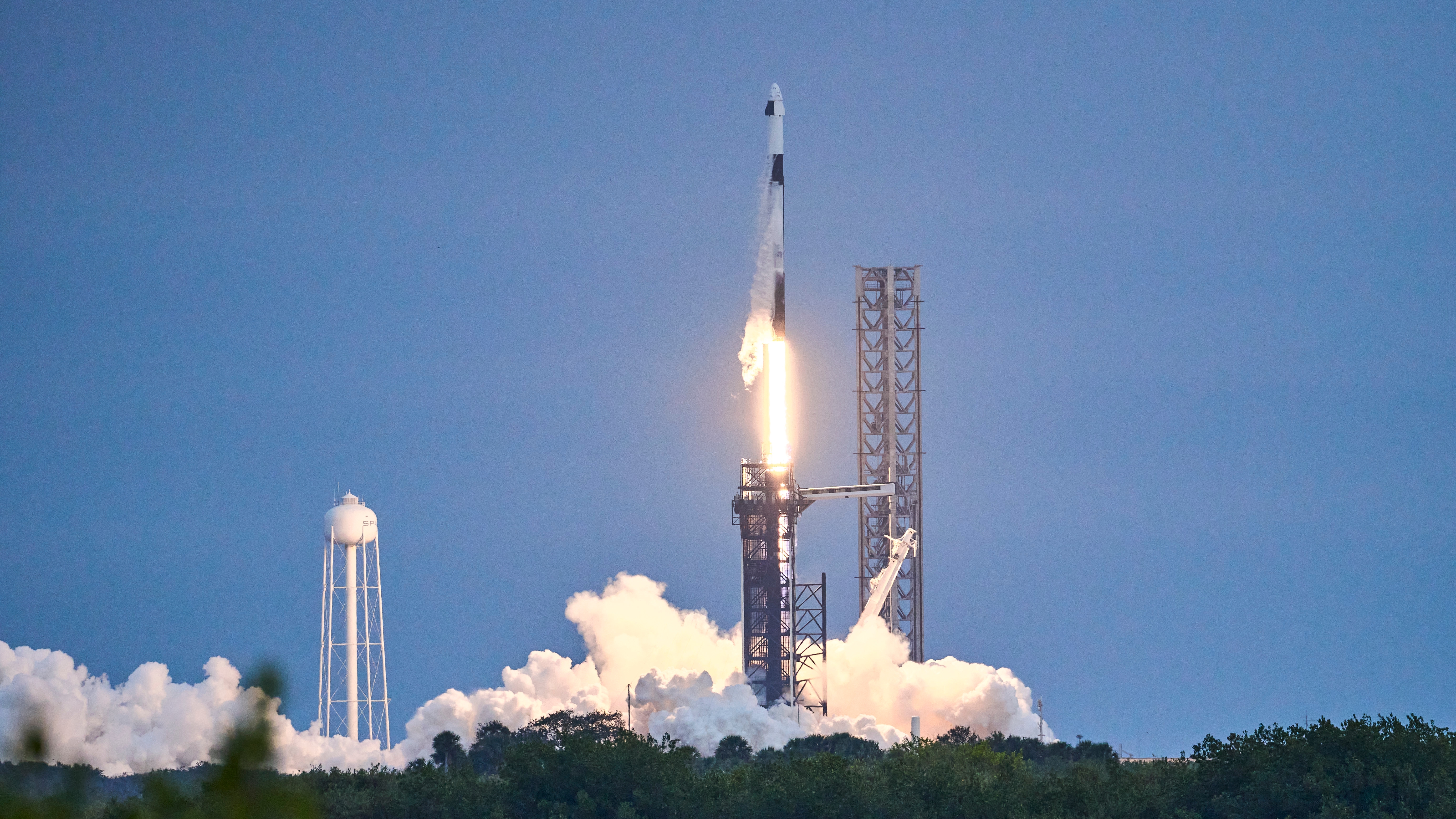Bad news for Boeing: NASA chooses SpaceX to bring stranded astronauts home
In a significant setback for Boeing, NASA opts for rival SpaceX to bring crew home, underscoring the changing dynamics of commercial spaceflight.

NASA announced yesterday (Saturday) that it would rely on SpaceX, not Boeing's troubled Starliner capsule, to return two astronauts from the International Space Station (ISS).
NASA astronauts Barry "Butch" Wilmore and Sunita "Suni" Williams, who were ferried to the ISS by Starliner in June, will now return to Earth aboard a SpaceX craft in February 2025. This unexpected change of plans throws into sharp relief the contrasting fortunes of the two aerospace giants in their quest to dominate the new era of commercial space transportation.
"NASA and Boeing identified helium leaks and experienced issues with the spacecraft reaction control thrusters on June 6 as Starliner approached the space station," NASA stated, explaining the rationale behind its decision. "The uncertainty and lack of expert concurrence does not meet the agency's safety and performance requirements for human spaceflight."
This latest development is a significant blow to Boeing, a company already grappling with safety concerns in its commercial aviation division.
The aerospace giant had hoped that a successful Starliner mission would help revitalize its space program, which has been marred by delays and ballooning costs. Boeing has already written off $1.6 billion in costs for Starliner, a stark contrast to the success of its rival, SpaceX.
The decision highlights the divergent paths of the two companies since NASA awarded contracts to both in 2014 to develop human spaceflight systems. The goal was to end the space agency's reliance on Russian systems following the retirement of the space shuttle program in 2011. SpaceX, awarded a $2.6 billion contract, has completed an impressive 42 visits to the ISS in its Dragon capsule. Boeing, despite receiving a larger $4.2 billion contract, has struggled to get Starliner off the ground, with Wilmore and Williams' flight marking its first crewed test.
"A test flight by nature is neither safe nor routine," NASA Administrator Bill Nelson said in a press conference. "And so the decision... is a commitment to safety." This cautious approach reflects NASA's prioritization of astronaut safety over program deadlines or corporate interests, a stance shaped by past tragedies like the Columbia and Challenger disasters.
The situation has reignited debate about NASA's commercial crew program and its dual-provider model. Initiated a decade ago with the goal of fostering competition and reducing costs in space transportation, the program has seen SpaceX emerge as the clear leader, while Boeing has struggled to keep pace.
Despite these challenges, NASA remains committed to maintaining two viable commercial crew providers. "I am '100%' certain that Starliner will fly again," Nelson affirmed.
For now, as the space industry watches closely, this decision may have far-reaching implications for future contracts and the overall direction of commercial spaceflight.
* Politico and Axios contributed to this article.